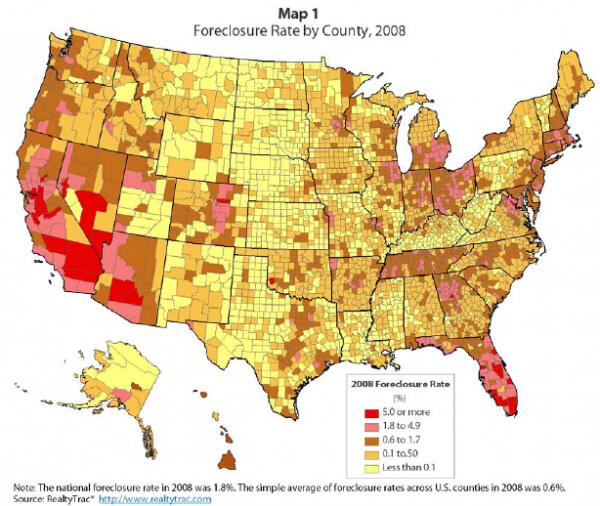Spend your whole life looking for THE Answer, you’ll never find it. It’s always there staring you in the face, but it can’t be seen, heard, tasted, touched, or smelled. We’ve developed vehicles to get us closer to that Answer, but didn’t Icarus’s wings burn up when he got too close to the Sun? He drowned if I remember. We rely on our methodologies, paradigms, to advance us closer to the Truth, but tools only get you so far. You can cut, dissect, label, and take apart with a scalpel and say “this” is “that” and “that” is “this” all you want, but take this method all the way to its conclusion and you’ve kill your subject. It won’t make sense anymore. You’ve destroyed the meaning in the process to find meaning. The surgery was a success! But the patient died. What was the point, again?
There’s a strange thing that happens when you strive and strive and strive for a thing and then suddenly give up, either the search or the want: you put in the work and the answer finds you without you looking for it, as you’ve just made yourself ready for it. You’ve plowed and tended to the fields, but the product of your work wasn’t just a matter of more toil, it was getting out of the way so God could water your crops so they can grow. In the search for Meaning, Truth, Peace, that which cannot quite be described but is what we are all chasing after, you only have so much control before the result is out of your hands.
Pause:
No “-ism” will heal the world because the world is exactly how it was made to be, and you can feel any way about that as you like.
Resume:
If life could be boiled down to equations and algorithms we’d let AI just run the show for us, but we know there’s nuance to interpretation because meaning is based on context and is also NOT subjective, but which perhaps can only be understood from a Higher perspective. The renaissance, the enlightenment, the industrial and scientific revolutions, the AI revolution, all of these things rediscover different avenues to describing and great Knowing, but ride any one of these trains to their ultimate destination and you’ll find yourself at the bottom of a ravine. Science, philosophy, and even mathematics are only good until they are not, when your forward progress makes a turn and then falls back into its own loop. Those who are always charging forward, “progressing” ahead throughout history tend to be the ones who find themselves looping back to where they started, or worse.
Those who admit they do not know get the furthest down the path. There is no one size fits all, there is no magic pill or morphic field or school of thought that will save us all. The more you fight this the more foolish you look to those who’ve already made these mistakes and have learned from them. Of course you must always start the journey, but you are not the one who finishes it. The end is not up to you, and it is certainly not up to you to define, because that is ultimately impossible and fool-ish to attempt.
Some -isms will get us further down the road than others, but until we realize that they’re vehicles and not ends in themselves, we’ll never make True progress.
Continuing, we’ve followed the capitalist/communist paradigm to its end, and this is where we are. Can anyone say the result has been, good? Is the acquisition, improvement, and control of resources the great destiny of man, or has it just been the latest in a long line of memes? Would you have a different -ism you believe in if you were born in a different place at a different time? We have concepts so one day we can grow past them and leave those concepts behind, to shed those skins and fill out new ones. The change begins at the intellectual tip of the spear-itual. Do you have the courage to go there? Sometimes that is admitting that we do not know where we are going and admitting to the faults of our methods, but no one should forever be a slave to their memes. The physical follows the mental follows the spiritual for a reason. Everyone should get out of their own way once in a while and brave wiping away their mental foundations, because if you don’t do it yourself God will eventually do it for you. It will hurt.
These thoughts are for anyone reading to ponder, if interested.

